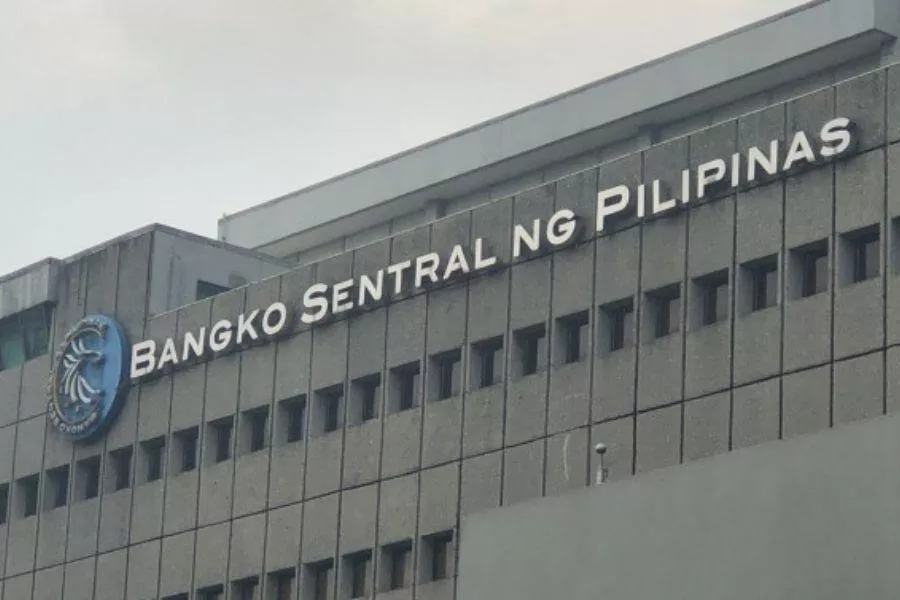Buying a car comes with its share of risks, especially if a buyer encounters a suspicious seller. Considering that cars are some of the priciest investments one can make, car buyers should be extra diligent when making their purchases. This will eventually pay off by helping avoid illegal transactions made by bogus sellers.

BSP warns the public about the Pasalo-Benta scheme
Unfortunately, there is an emerging modus operandi which the Bangko Sentral ng Pilipinas (BSP) describes as the "Pasalo-Benta" (assume-sell) or the "Balance/Pasalo" (assume balance) scheme, affecting both car buyers and sellers.
The scheme is largely believed to be orchestrated by a criminal syndicate, and involves a syndicate member buying the seller’s vehicle by agreeing to fund the purchase through auto loan payment. Once the transaction is concluded, the perpetrator will typically dispose of the vehicle by reselling it to an end-buyer, using falsified documents to gain profit.
As a result, the seller defaults on the auto loan, while the end-buyer’s vehicle gets repossessed. This means that the syndicate member is the only one who benefits from the illegal transaction.

Be aware of bogus sellers
The BSP has released a memorandum calling on all BSP Supervised Financial Institutions (BSFIs) to take steps in preventing the said scheme from happening. These include reinforcing customer identification and verification procedures as part of customer due diligence.
Other illegal car-related activities such as the “rent-tangay,” (rent-steal) “rent-sangla,” (rent-pawn) “loan accommodator scheme,” and “labas-casa” (outside the dealership) schemes were also included in the memorandum.
Moreover, the BSP advised BSFIs to strictly observe the implementation of Anti-Money Laundering (AML) regulations on the following:
- Customer identification and verification procedures
- Ongoing monitoring of customers and their transactions
- Suspicious transport reporting
- Continuing AML training program including controls to partner/accredited car dealers.
The Philippine National Police (PNP) said it is exerting efforts to apprehend carnapping syndicates by warning the public, adding that these crimes are committed through fabricated conduction stickers, plate numbers, and falsified documents to avail of auto loans. A number of cases involve identity theft, where an individual’s photo and personal information are used without that person’s knowledge and consent.
Visit Philkotse.com to know more about car ownership.
Recent posts
- Skyway Stage 3 more entry points Sep 30, 2021
- congress approves dotr 2022 budget Sep 30, 2021
- LTO central command center Sep 29, 2021












